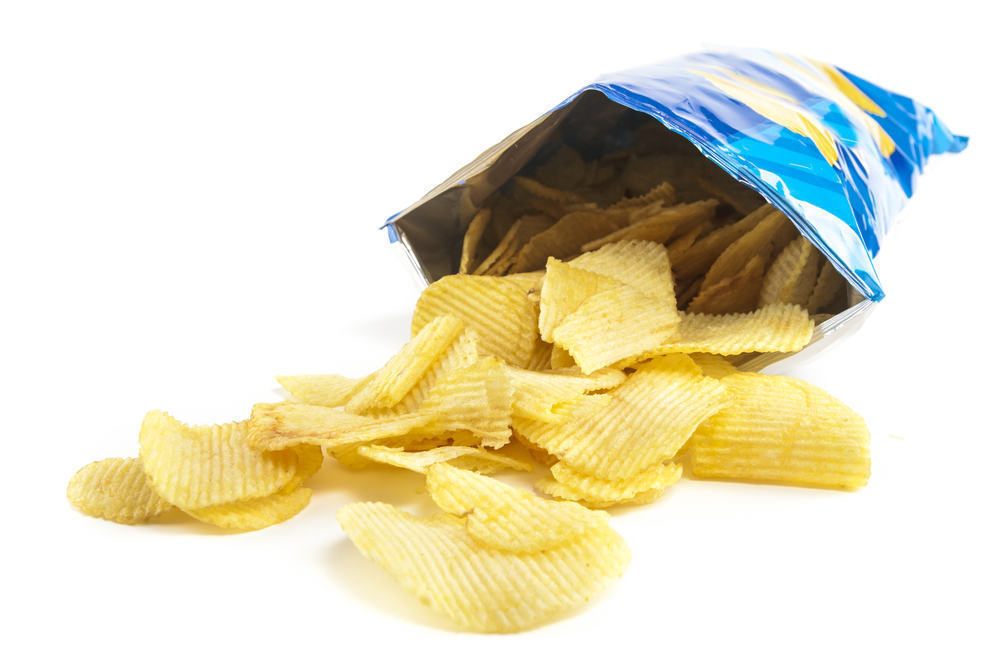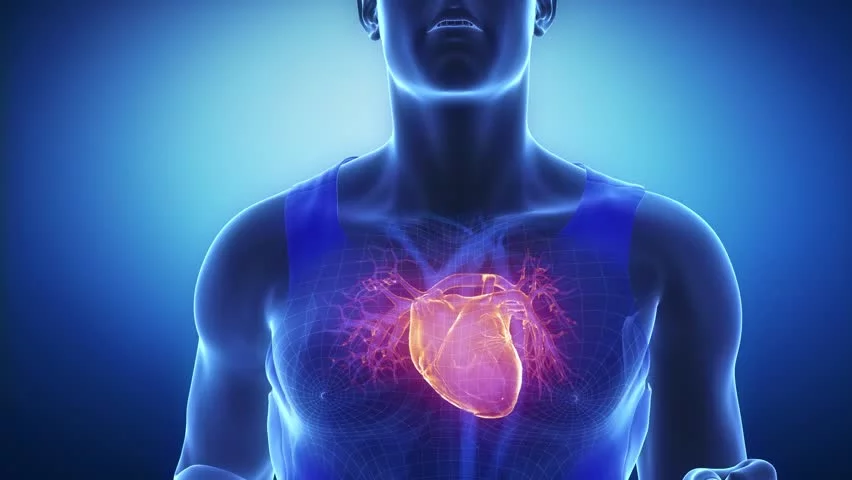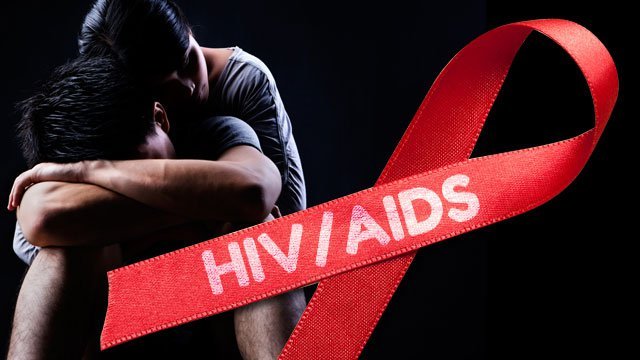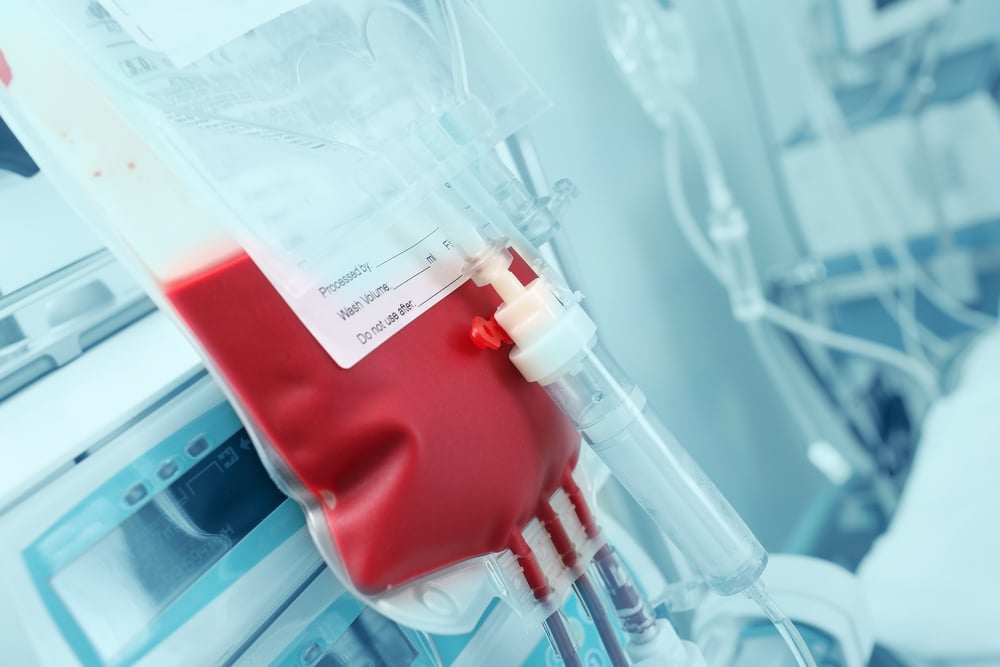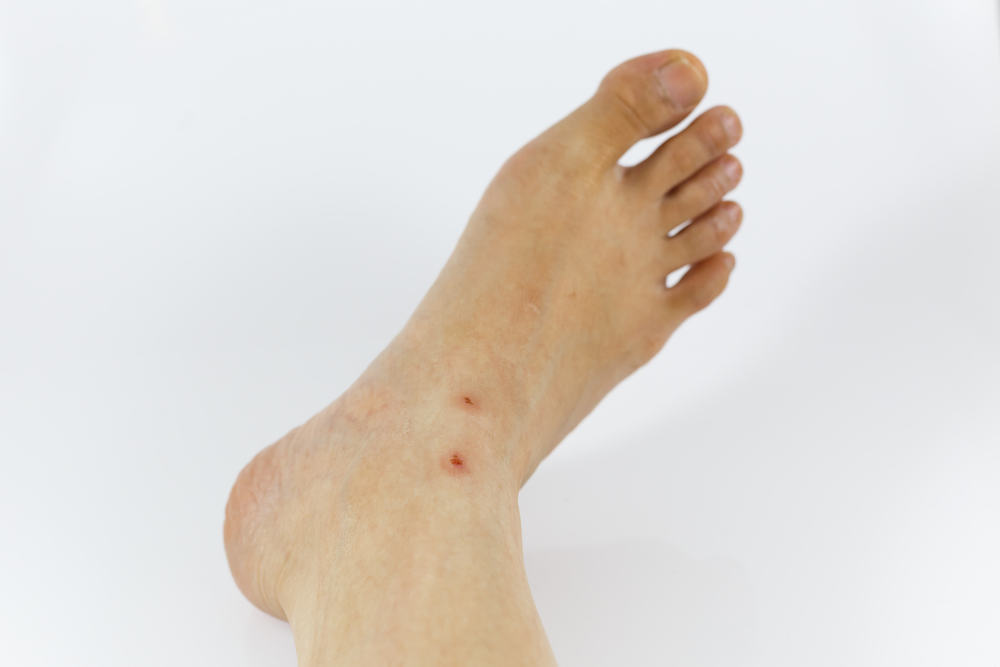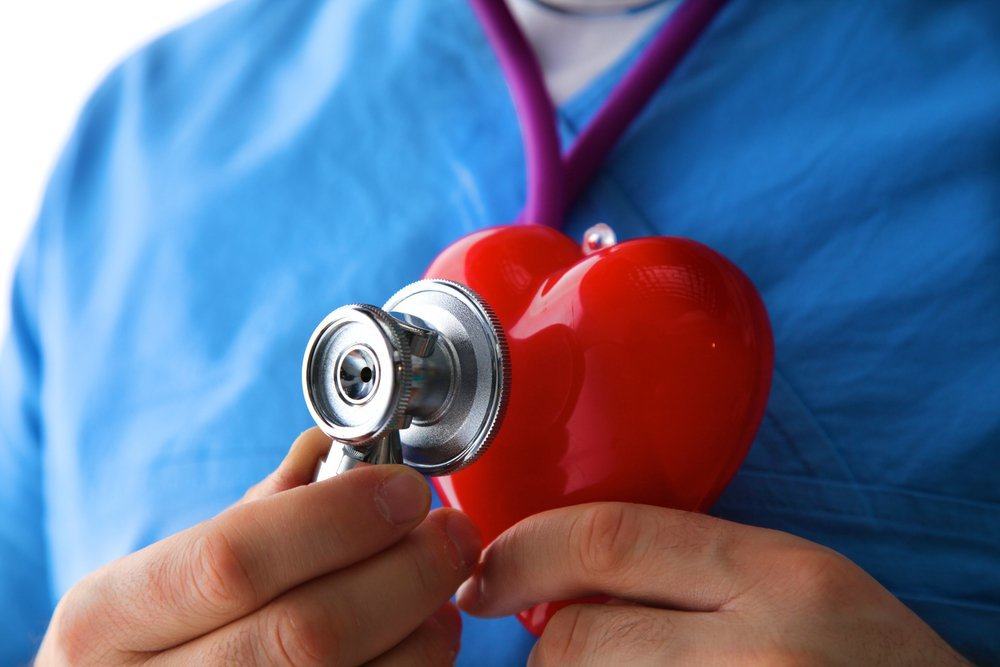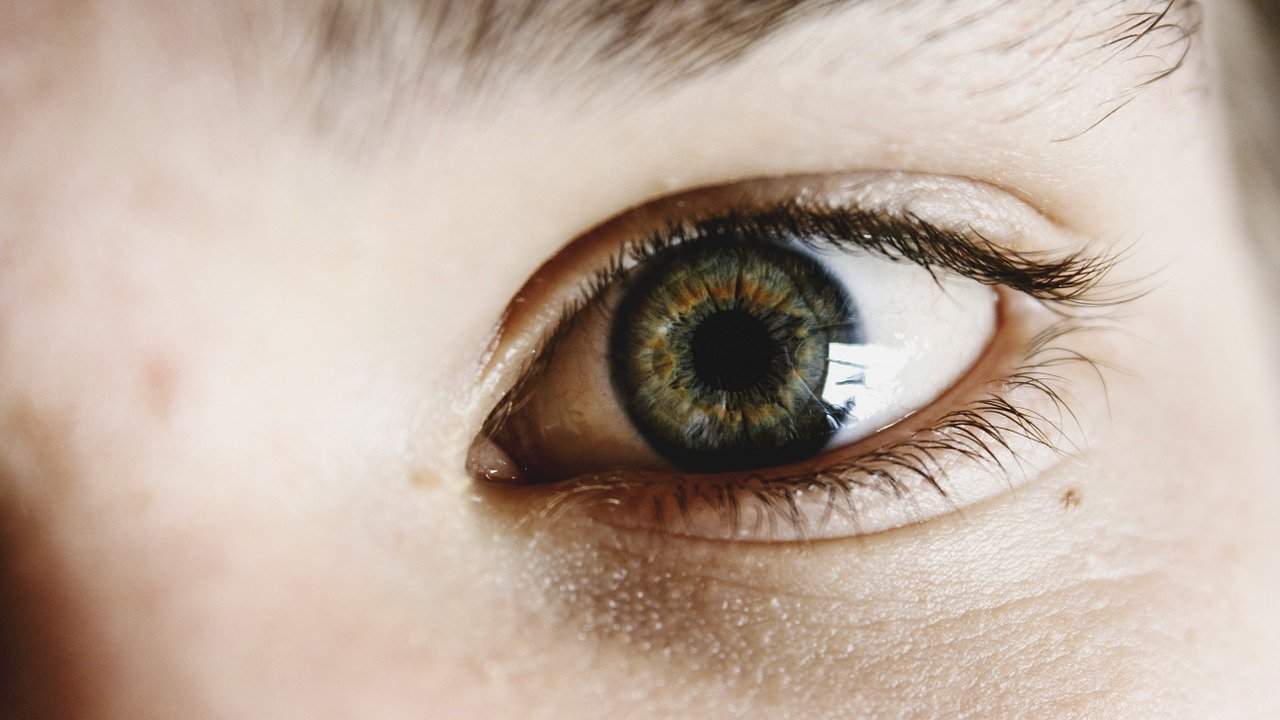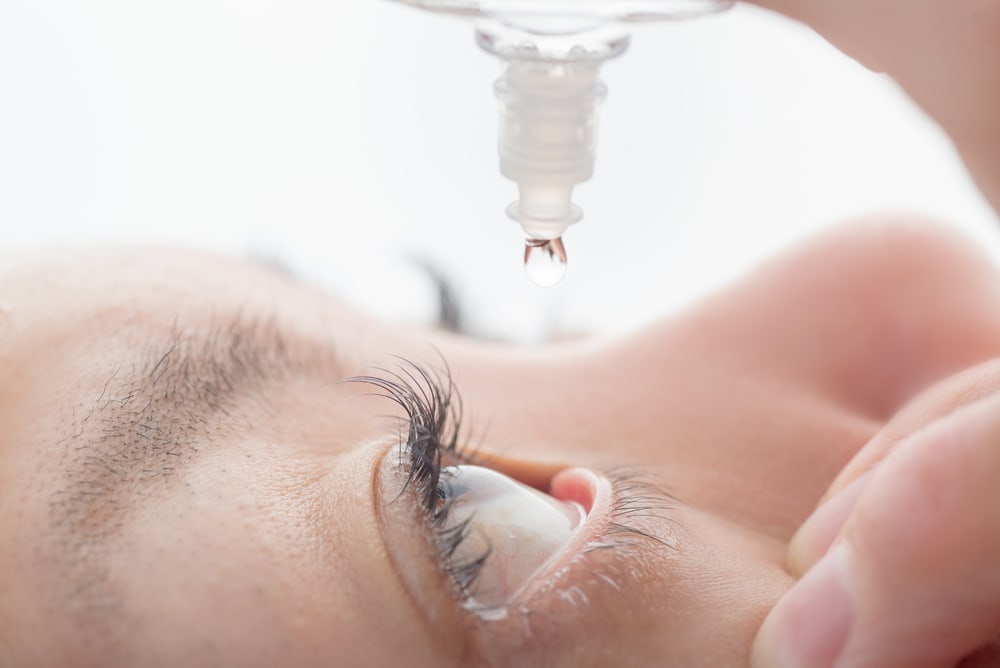Contents:
- Medical Video: 5 Quick and Cheap Healthy Meals | ReNew Clinic
- Why are these snacks bad for health?
- 1. Triggering weight gain
- 2. High in sodium
- 3. High fat and cholesterol
- 4. Potential to make you malnourished
- How to be healthier if we like snacking in packs?
- 1. Read the nutrient content in the wrapper
- 2. Don't consume beyond the maximum limit
- 3. Don't spend at once
- 4. Balance with other snacks
Medical Video: 5 Quick and Cheap Healthy Meals | ReNew Clinic
Salty snacks or snacks in the form of potato chips and so on, or commonly generalized as "Chiki" with various brands and flavors, are one of the cheap, tasty snacks, and are widely available in various small shops, department stores, and supermarkets. This snack is very fitting to enjoy while watching, when you want to snack, or are gathering with friends and family.
The saltiness makes everyone who eats it addicted. Especially small children, who definitely like this snack. However, consuming too many snacks can have a negative impact on health.
Why are these snacks bad for health?
According to Nielsen's 2014 study of snacks worldwide, it was found that total snack sales worldwide continued to increase by 2% year on year. Women are the most frequent snackers compared to men.
1. Triggering weight gain
The packaged snack has a good taste and is liked by everyone from all walks of life. However, be careful if you eat these snacks too often every day. Snack contains many calories but zero nutrients, so eating too much can cause weight gain. A study published by The New England Journal of Medicine in 2011 showed that consumption of 1 ounce of potato chips per day caused an average weight gain of 0.8 kg for four years.
2. High in sodium
In addition to high calories, snacks in packaging also contain high sodium. High sodium intake can cause an increase in blood pressure, which can cause strokes, heart failure, coronary heart disease, and kidney disease. Snacks in the form of potato chips generally contain 120-180 milligrams of sodium per ounce. One pack of snack potato chips usually contains more than one ounce, so many people consume more sodium than they thought when eating these snacks. According to Dietary Guidelines for Americans in 2010, you should limit sodium consumption by 2,300 milligrams per day, while individuals over 50 years old, people with high blood pressure, kidney disease, and diabetes should not consume more than 1,500 milligrams of sodium per day.
3. High fat and cholesterol
Packaged snacks also generally contain high cholesterol because of the amount and type of fat contained in them. Generally, snacks such as potato chips experience a frying process that produces trans fat. In addition, the oil used for frying chips is generally a type of saturated fat. Both types of fat greatly contribute to high cholesterol levels in the blood. A study published in a journal Circulation in 2007 showed that high levels of trans fat in the bloodstream were associated with high LDL cholesterol levels and an increased risk of coronary heart disease.
4. Potential to make you malnourished
Eating snacks every day can also replace your diet. If you eat too much snack zero nutrients every day, then the fear is that you will lack essential nutrients contained in various types of food because you miss eating nutritious foods. Packaged snacks usually contain little vitamins and minerals needed by the body.
How to be healthier if we like snacking in packs?
These savory snacks are indeed very tasty to enjoy and make you addicted to consume them every time. However, behind the taste is very delicious, snacks in packaging have a negative impact on health if consumed in excess. Therefore, we must be smart in consuming snacks.
1. Read the nutrient content in the wrapper
When buying snacks, you should pay attention to the nutritional content in them. This can be seen in "Nutrition Facts" or nutritional value information contained in each snack food package. In the nutritional information, you should pay attention to the serving size in a packet of snacks, what is the total energy content, sodium or sodium, and total fat.
In a pack of large snacks there are usually more than one serving, so the calorie and other nutrients must be multiplied by the number of servings available if you spend one large packet of snacks. For example, in one pack of snacks has a total energy content of 110 calories, total fat of 6 grams, and sodium 70 mg per serving, and one pack of snacks consists of 3 serving sizes. So if you spend one pack of snacks you actually consume 330 total energy calories, 18 grams of total fat, and 210 mg of sodium (multiplied by 3 serving quantities).
2. Don't consume beyond the maximum limit
Sometimes you may not be aware if you have consumed snacks with that much nutrient content. You must really pay attention to the nutritional value information in the packaging. Limit your snack consumption so that you don't get a negative impact from eating habits. We recommend that you limit your snack consumption to a total energy limit of no more than 200 calories per day, total fat no more than 35% of your calorie needs per day, and sodium not more than 230 mg per day (see how much total energy, total fat , and sodium in a packet of snacks that you eat in the nutritional value information on the package).
3. Don't spend at once
You can eat a packet of snacks in two or three meals according to serving sizes. Or, if you have to spend one pack, make sure you share it with friends or relatives so you don't spend it alone.
4. Balance with other snacks
Limit consumption of snacks that contain high energy, fat and sodium, and balance with other healthy foods that are rich in nutrients. You can eat healthier snacks like fruit, yogurt, or wet cakes.
READ ALSO:
- 10 Healthy Snacks for Facing Climate in Indonesia
- Tips for Children Not Addicted to Sweet Food
- 7 Foods Containing Probiotics, Good Bacteria for Health

